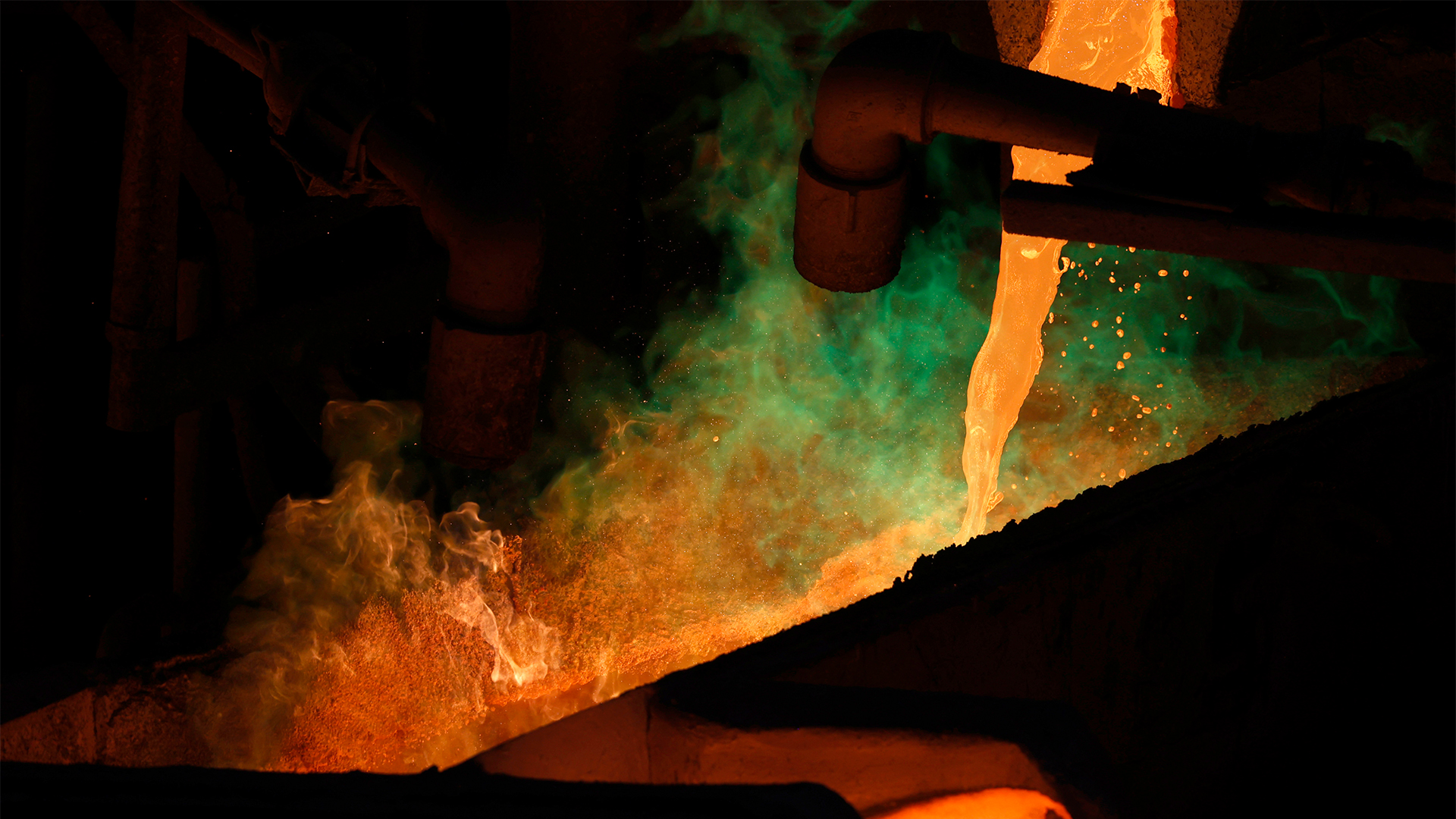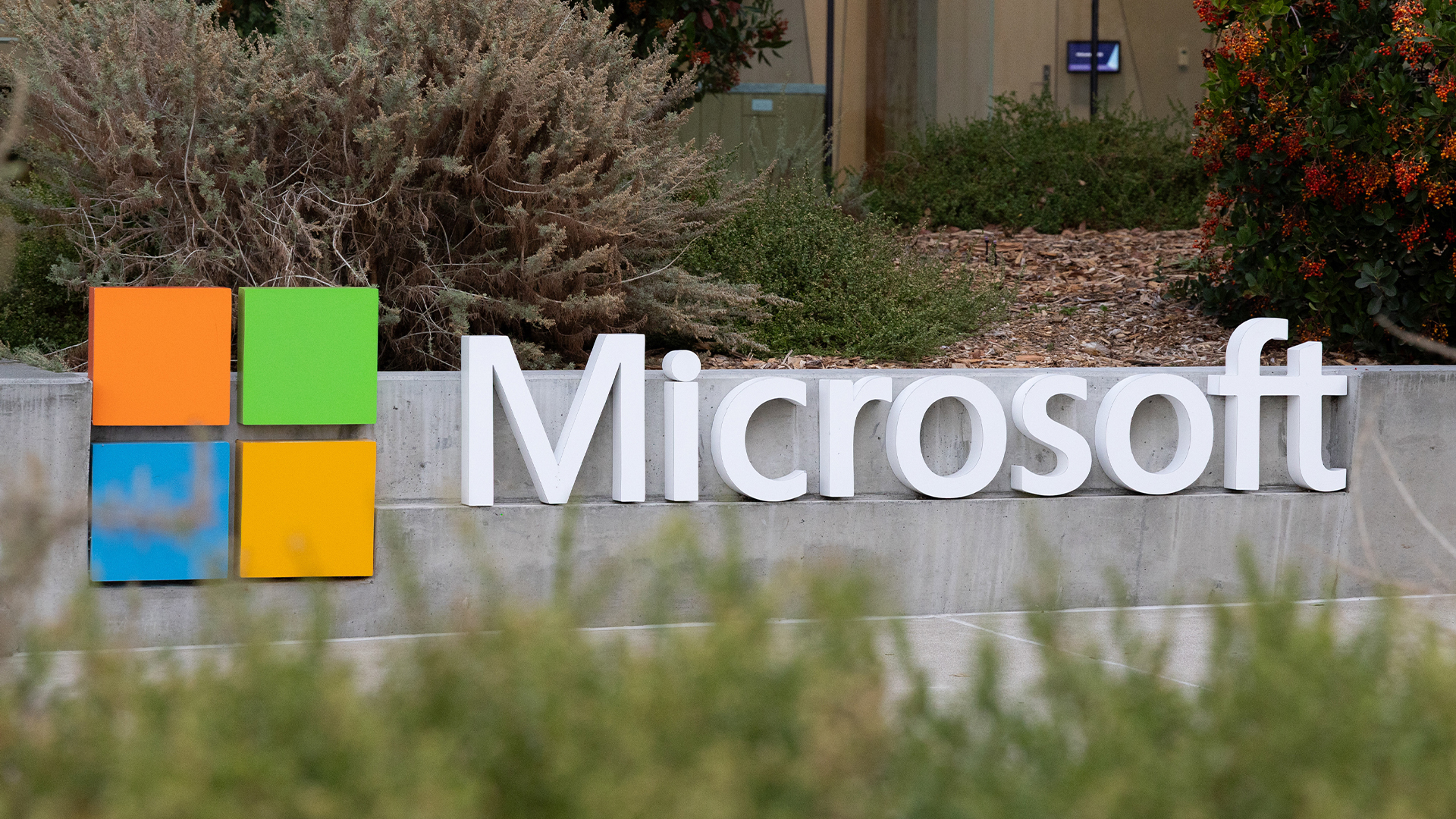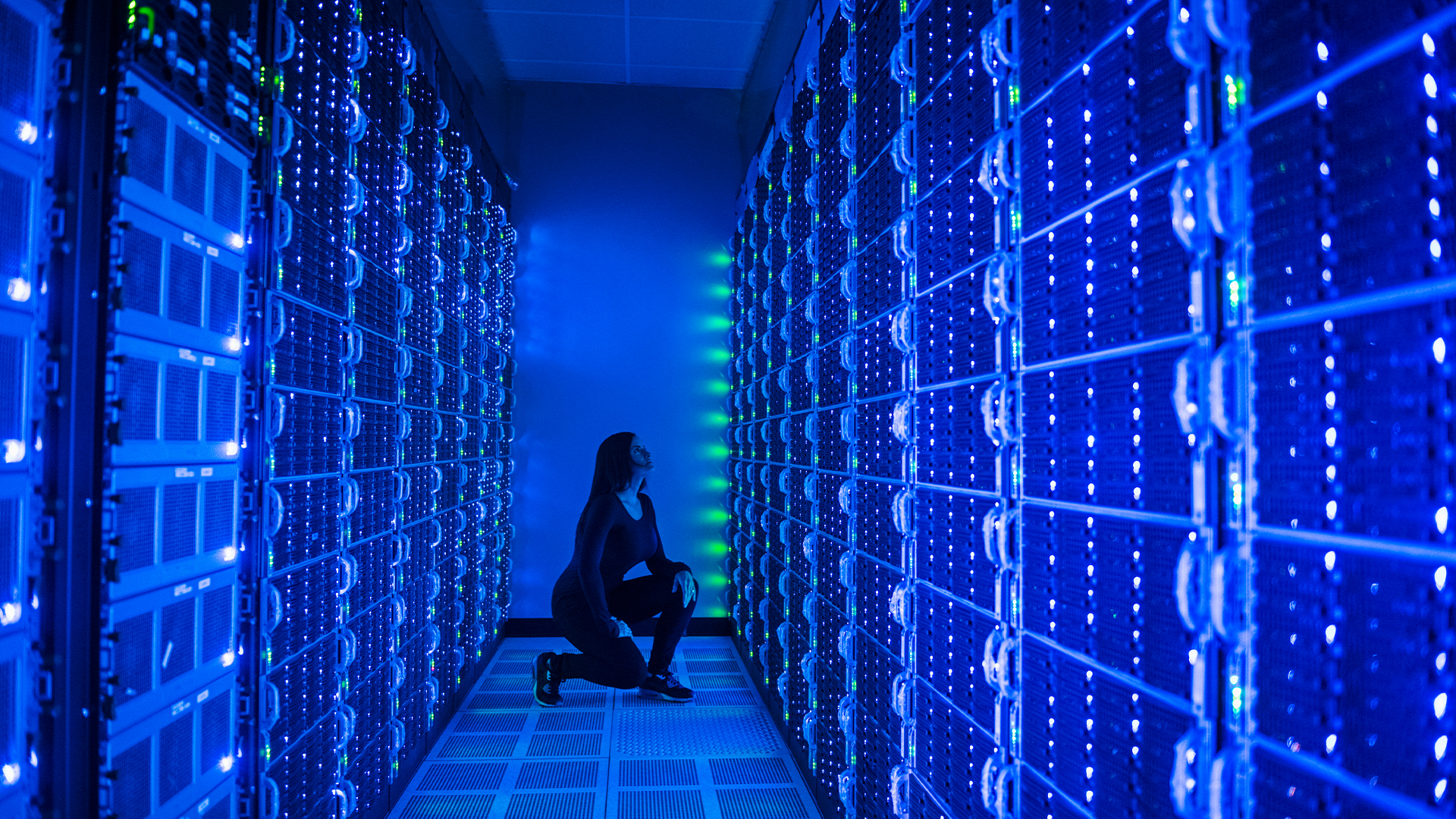Microsoft's plan to use human waste to offset AI emissions stinks of greenwashing
Hyperscalers are getting increasingly gimmicky when it comes to sustainability


Microsoft has made no secret of the surging energy requirements required by its mushrooming AI infrastructure, and its latest attempt to improve sustainability stinks of greenwashing.
The company recently signed a deal with Vaulted Deep, a waste management company that, in its own words, turns “excess organic material into permanent carbon removal”.
Vaulted Deep will bury upwards of 4.9 million metric tonnes of waste deep underground. This largely comes from manure, sewage, and assorted “agricultural byproducts” that can’t be reused or contain harmful chemicals.
Simply put, the tech giant is burying poop to offset emissions – and it really is a perfect way to sum up the generative AI boom.
Energy consumption and emissions at Microsoft are skyrocketing amid the sharpened focus on the technology. In May, the company’s annual sustainability report showed its carbon emissions are soaring.
In a blog post dissecting the report, Microsoft President Brad Smith revealed the firm’s total emissions – including Scope 1, 2, and 3 – increased by 23.4% compared to its 2020 baseline due to AI and cloud expansion.
That baseline refers to greenhouse gas emissions which Microsoft uses as a marker in its 2020 commitment to become carbon negative by 2030, which at this stage has taken a few knocks.
Sign up today and you will receive a free copy of our Future Focus 2025 report - the leading guidance on AI, cybersecurity and other IT challenges as per 700+ senior executives
Energy use also shot up by 168% last year, according to the report, but Smith was keen to point out that shows its efforts to improve sustainability are working given the disparity between emissions and overall usage.
Microsoft is burying waste - and its head in the sand
Generative AI is power hungry, to say the least, and the insatiable demand for services is placing huge strain on data center infrastructure globally.
The soaring power consumption rates have reached such a point that grid operators in Europe are struggling and scrambling to upgrade grid infrastructure. Data center water consumption, the often-unseen aspect of the problem, is causing serious problems for local communities.
Meta’s data center in Georgia, for example, is allegedly sucking the earth dry and limiting supply to local residents.
To its credit, at least Microsoft is doing something – it could always just shrug off concerns and criticism. In April, the firm signed a deal with carbon capture company AtmosClear to remove nearly 7 million tonnes of carbon emissions.
A similar deal with Chestnut Carbon, meanwhile, will see seven million metric tonnes of carbon offset through reforestation in the United States.
Elsewhere, infrastructure improvements have also been a key focus for the tech giant. These include novel data center cooling techniques and the use of cross-laminated timber (CLT) in data center construction to reduce its reliance on steel and concrete – both of which are large contributors to carbon emissions.
These are all positive moves, no doubt. But the volume and frequency of ‘partnerships’ and new-fangled attempts to offset emissions just reek of greenwashing and token gestures to prove they’re actually mindful of the effect they’re having on the environment.
Weigh the carbon removal numbers against Microsoft’s yearly emissions – around 15 million tonnes in FY24, per its 2025 sustainability report – and they don’t look so significant.
Moreover, perhaps I missed it, but Microsoft and counterparts also weren’t exactly bending over backwards before the generative AI boom to plant millions of trees or bury excrement thousands of feet underground.
It’s clear they’ve bit off more than they can chew with the beast they’ve unleashed on the industry. So now they’re scrambling.
Everyone’s looking for a quick fix
In an announcement confirming the deal with Vaulted Deep, Brian Marrs, senior director of energy and carbon removal at Microsoft, said this will provide a “differentiated, scalable approach to permanent carbon removal”.
"Its work delivers immediate climate benefits while stimulating local economies and addresses long-standing environmental challenges that communities face every day,” he said.
Cutting through the mind-numbing corporate jargon we’ve come to expect from big tech companies, the “immediate benefits” comment stands out here and speaks volumes about how Microsoft - and its counterparts in the industry - view the topic of sustainability.
They’re looking for a quick fix, because they’ve dived headlong into generative AI without considering the long-term impact. Sustainability and net zero were cool and trendy in 2020 when the company set its ‘baseline’ and pledged to reach carbon negativity by the end of the decade.
But AI has become such a moneyspinner for the industry that they can’t slow down at this stage or else be eclipsed by a competitor – and that would impact shareholder value, which of course is paramount.
Microsoft and friends have bombarded us with an array of ambitious plans to meet surging energy demands. From reopening nuclear power stations to geothermal energy projects and development of small modular reactors (SMRs).
At this stage it seems like they’re just throwing money at any conceivable idea to pad the numbers and catch headlines.

Ross Kelly is ITPro's News & Analysis Editor, responsible for leading the brand's news output and in-depth reporting on the latest stories from across the business technology landscape. Ross was previously a Staff Writer, during which time he developed a keen interest in cyber security, business leadership, and emerging technologies.
He graduated from Edinburgh Napier University in 2016 with a BA (Hons) in Journalism, and joined ITPro in 2022 after four years working in technology conference research.
For news pitches, you can contact Ross at ross.kelly@futurenet.com, or on Twitter and LinkedIn.
-
 The modern workplace: Standardizing collaboration for the enterprise IT leader
The modern workplace: Standardizing collaboration for the enterprise IT leaderHow Barco ClickShare Hub is redefining the meeting room
-
 Interim CISA chief uploaded sensitive documents to a public version of ChatGPT
Interim CISA chief uploaded sensitive documents to a public version of ChatGPTNews The incident at CISA raises yet more concerns about the rise of ‘shadow AI’ and data protection risks
-
 What is Microsoft Maia?
What is Microsoft Maia?Explainer Microsoft's in-house chip is planned to a core aspect of Microsoft Copilot and future Azure AI offerings
-
 Why the UK is primed to lead a global charge in ‘green AI’ innovation
Why the UK is primed to lead a global charge in ‘green AI’ innovationNews UKAI says there are major economic incentives and a big opportunity for the UK to lead the world in green AI development
-
 AI’s future rests on copper, and global supply shortages could hamper big tech infrastructure plans
AI’s future rests on copper, and global supply shortages could hamper big tech infrastructure plansNews Copper supply bottlenecks could put a huge dent future big tech infrastructure plans
-
 Google drops $4.75bn on data center and energy firm Intersect
Google drops $4.75bn on data center and energy firm IntersectNews The investment marks the latest move from Google to boost its infrastructure sustainability credentials
-
 From underground bunkers to 'data spas' and the 'floating cloud', Lenovo is getting creative with future data center ideas
From underground bunkers to 'data spas' and the 'floating cloud', Lenovo is getting creative with future data center ideasNews Lenovo might have its head in the clouds with some ideas, but other radical solutions are already in operation
-
 The Microsoft Azure outage explained: What happened, who was impacted, and what can we learn from it?
The Microsoft Azure outage explained: What happened, who was impacted, and what can we learn from it?News Microsoft has confirmed its Azure services are back online after a major outage impacted services across multiple regions – here's everything you need to know.
-
 Google just confirmed the location of its first small modular reactor
Google just confirmed the location of its first small modular reactorNews Developed by Kairos, Google's first small modular reactor will be located in Tennessee, with operations beginning in 2030.
-
 Majority of English data centers use less water than a 'typical leisure center' as operators embrace new cooling methods
Majority of English data centers use less water than a 'typical leisure center' as operators embrace new cooling methodsNews England’s data centers are surprisingly efficient when it comes to water consumption